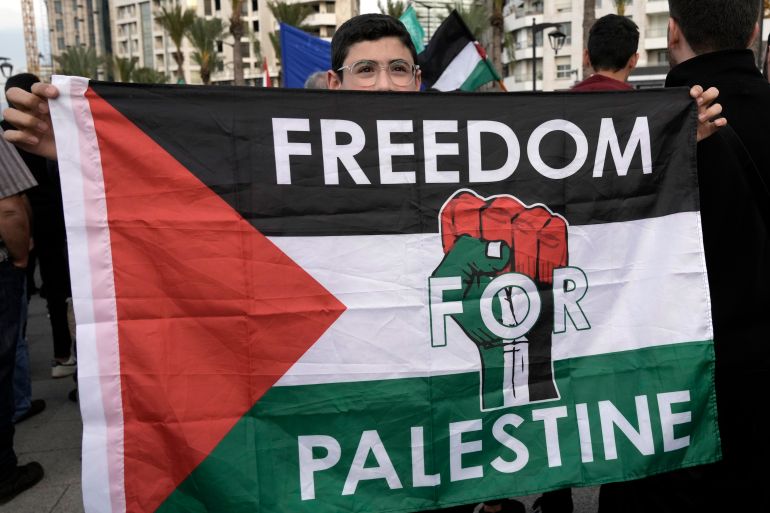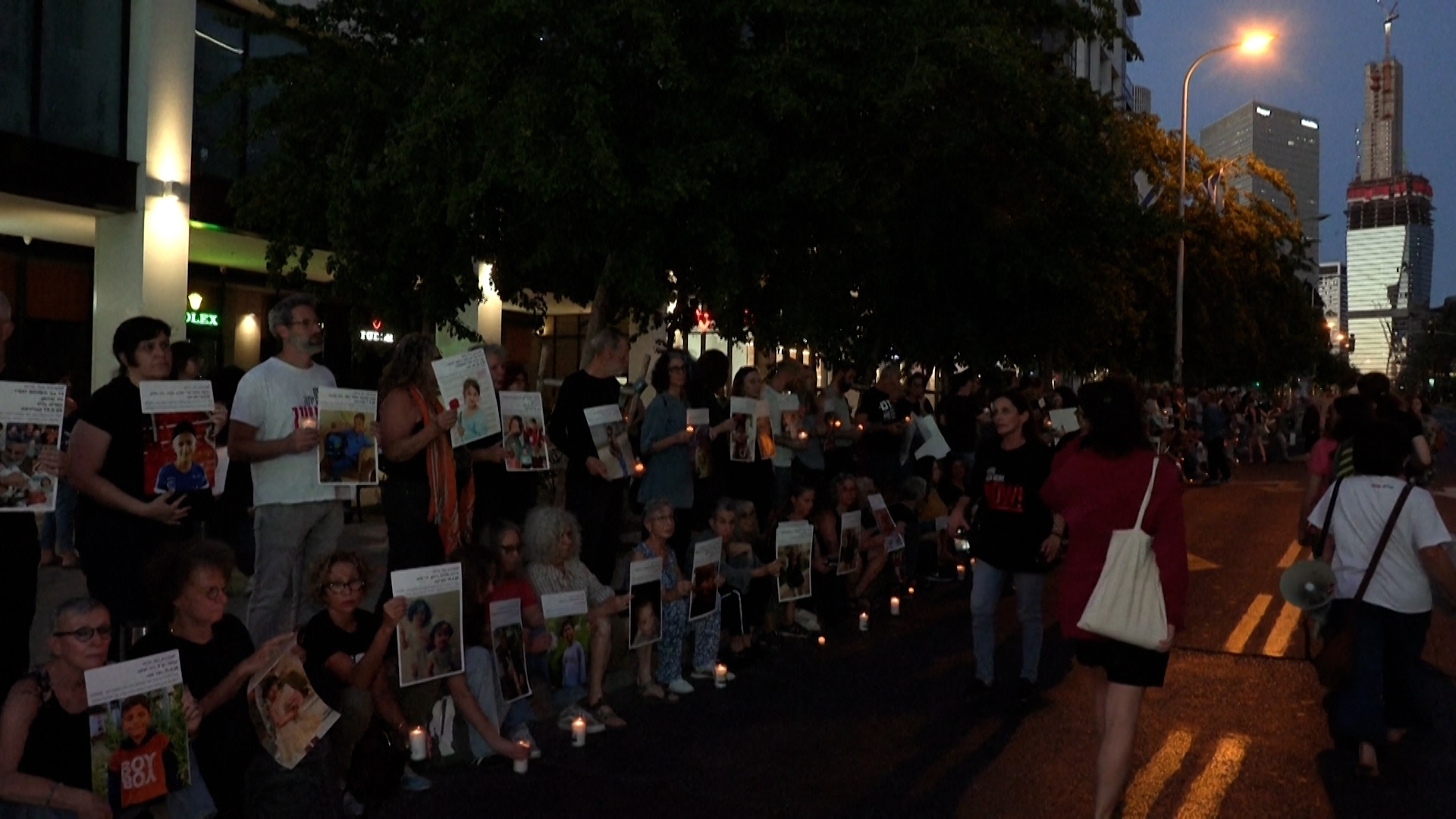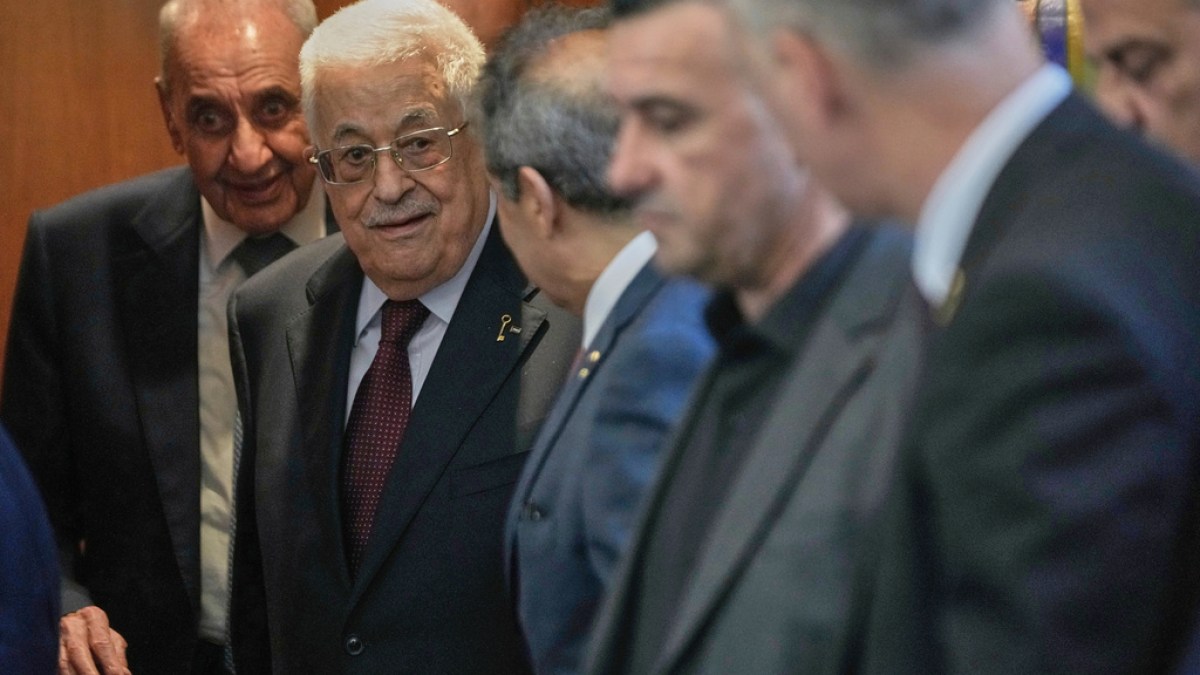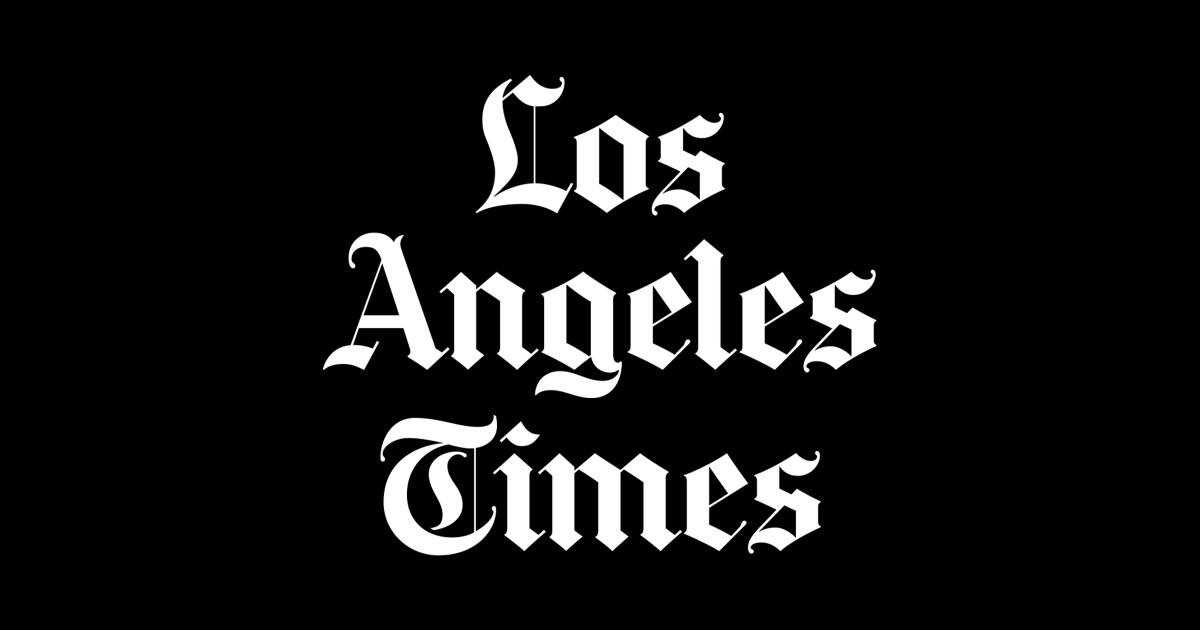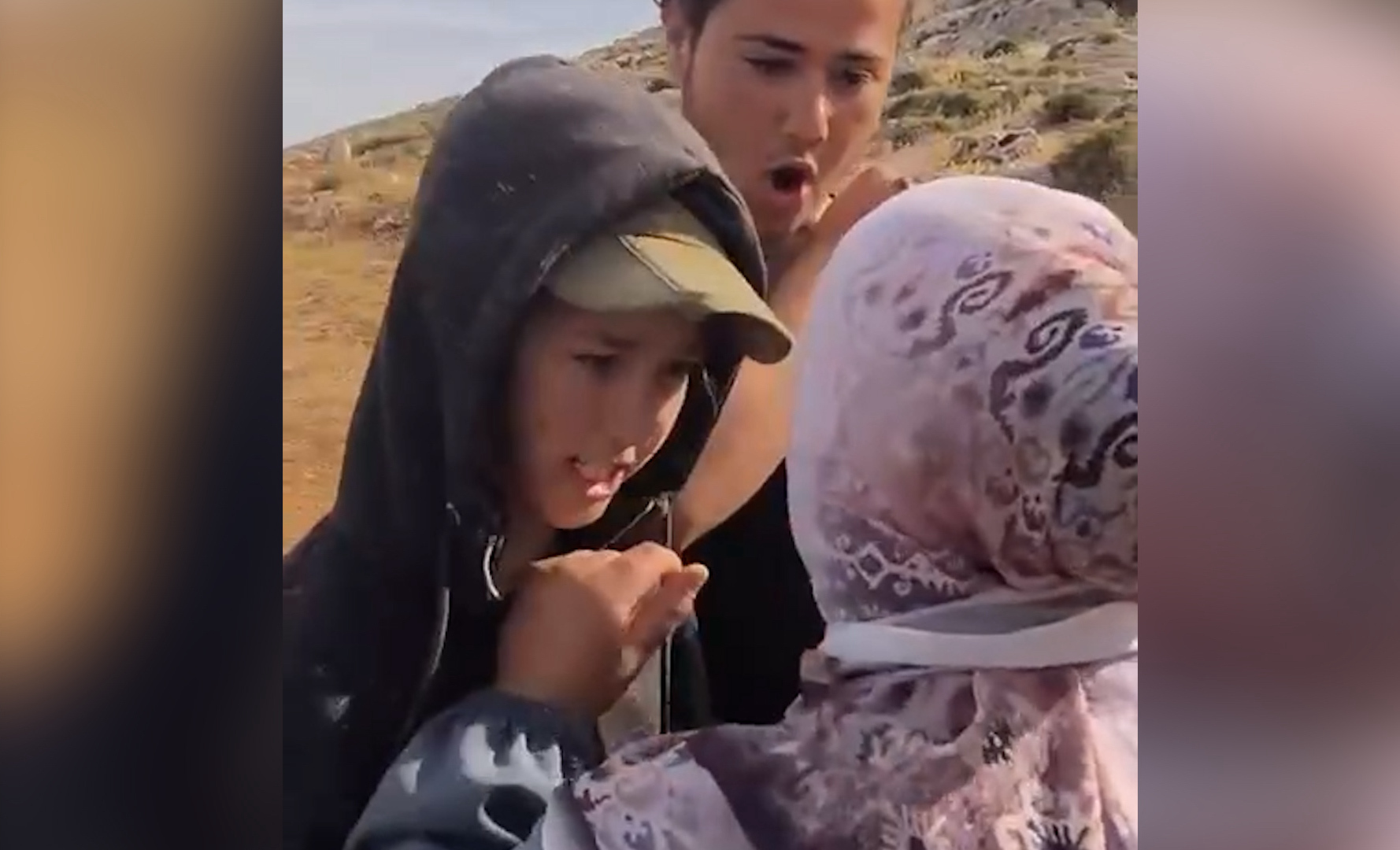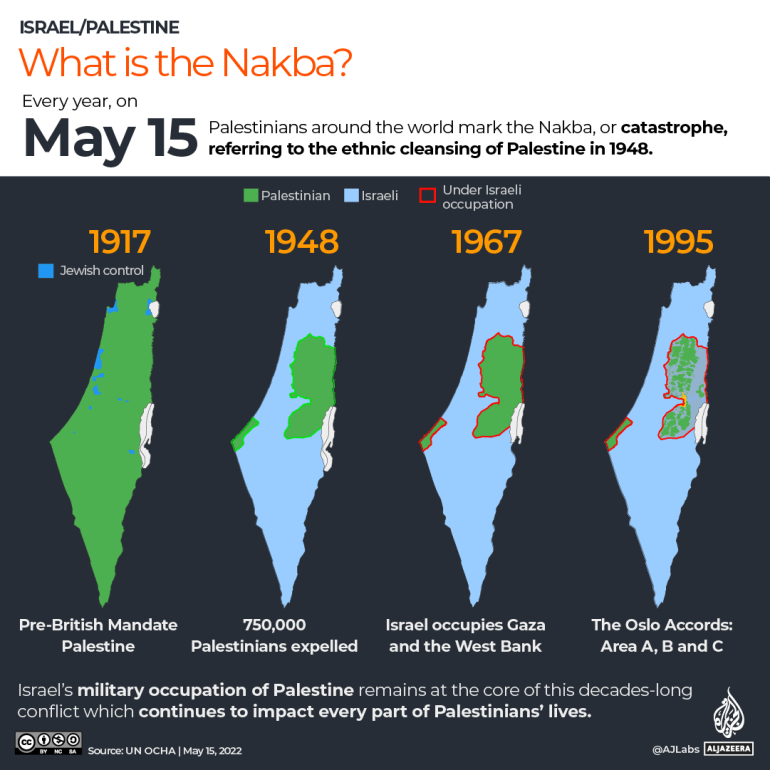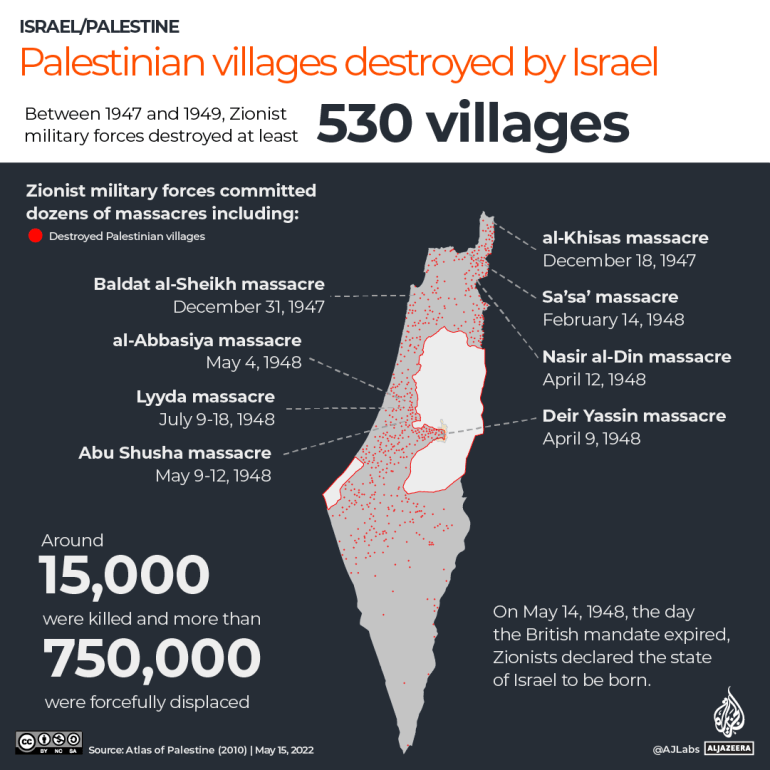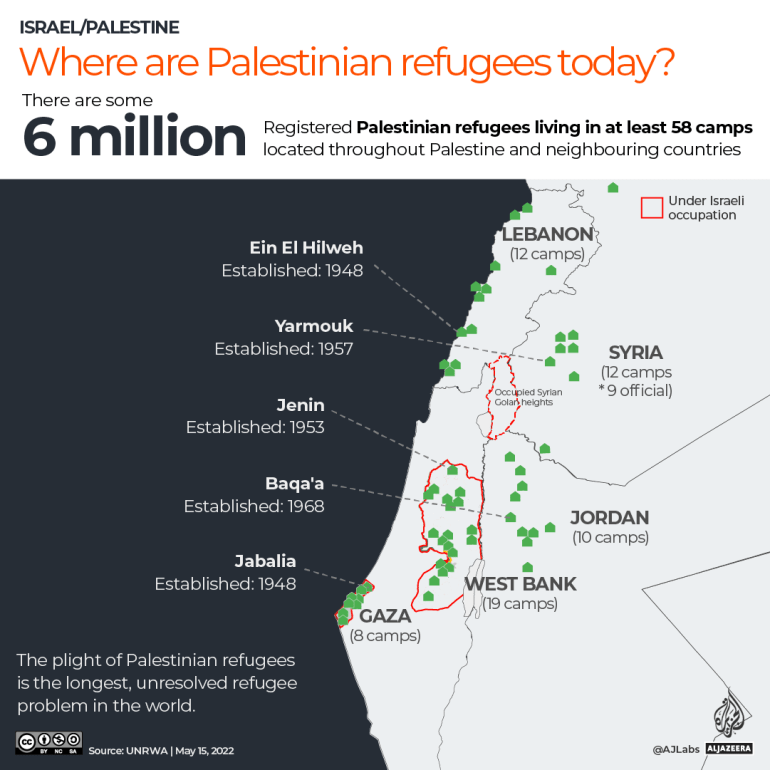Top court revives lawsuits against Palestinian authorities from US victims | Israel-Palestine conflict News
The Supreme Court has revived long-running lawsuits against Palestinian authorities from Americans killed or wounded in attacks in Israel and the occupied West Bank.
The United States Supreme Court has upheld a statute passed by Congress to facilitate lawsuits against Palestinian authorities by Americans killed or injured in attacks abroad as plaintiffs pursue monetary damages for violence years ago in Israel and the occupied West Bank.
The 9-0 ruling overturned a lower court’s decision that the 2019 law, the Promoting Security and Justice for Victims of Terrorism Act, violated the rights of the Palestinian Authority and Palestine Liberation Organization to due process under the US Constitution.
Conservative Chief Justice John Roberts, who authored the ruling, said the 2019 jurisdictional law comported with due process rights enshrined in the Constitution’s Fifth Amendment.
“It is permissible for the federal government to craft a narrow jurisdictional provision that ensures, as part of a broader foreign policy agenda, that Americans injured or killed by acts of terror have an adequate forum in which to vindicate their right” to compensation under a federal law known as the Anti-terrorism Act of 1990, Roberts wrote.
The US government and a group of American victims and their families had appealed the lower court’s decision that struck down a provision of the law.
Among the plaintiffs are families who in 2015 won a $655m judgement in a civil case alleging that the Palestinian organisations were responsible for a series of shootings and bombings around Jerusalem from 2002 to 2004. They also include relatives of Ari Fuld, a Jewish settler in the Israel-occupied West Bank who was fatally stabbed by a Palestinian in 2018.
The ruling comes even as Jewish settlements on Palestinian-owned land are considered illegal under international law.
“The plaintiffs, US families who had loved ones maimed or murdered in PLO-sponsored terror attacks, have been waiting for justice for many years,” said Kent Yalowitz, a lawyer for the plaintiffs.
“I am very hopeful that the case will soon be resolved without subjecting these families to further protracted and unnecessary litigation,” Yalowitz added.
Israel’s ongoing war in Gaza, and now Iran, served as a backdrop to the case. Since the war in Gaza began in October 2023, more than 55,000 people have been killed and 130,000 wounded, according to Gaza’s Health Ministry.
US courts for years have grappled over whether they have jurisdiction in cases involving the Palestinian Authority and PLO for actions taken abroad.
Under the language at issue in the 2019 law, the PLO and Palestinian Authority automatically “consent” to jurisdiction if they conduct certain activities in the United States or make payments to people who attack Americans.
Roberts in Friday’s ruling wrote that Congress and the president enacted the jurisdictional law based on their “considered judgment to subject the PLO and PA (Palestinian Authority) to liability in US courts as part of a comprehensive legal response to ‘halt, deter and disrupt’ acts of international terrorism that threaten the life and limb of American citizens”.
New York-based US District Judge Jesse Furman ruled in 2022 that the law violated the due process rights of the PLO and Palestinian Authority. The New York-based 2nd US Circuit Court of Appeals upheld that ruling.
President Joe Biden’s administration initiated the government’s appeal, which subsequently was taken up by President Donald Trump’s administration.
The Supreme Court heard arguments in the case on April 1.

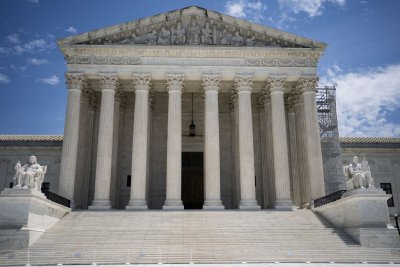

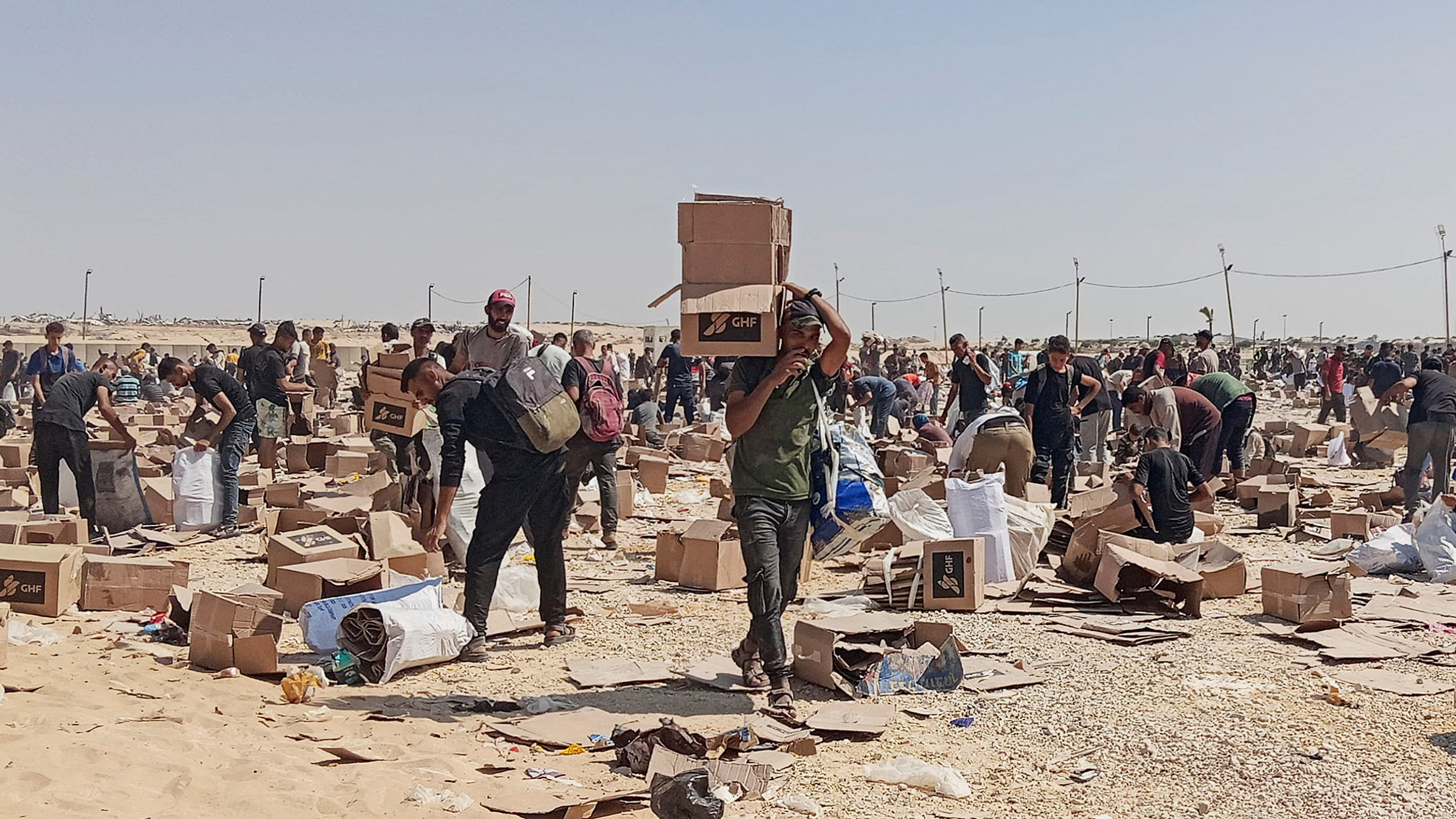
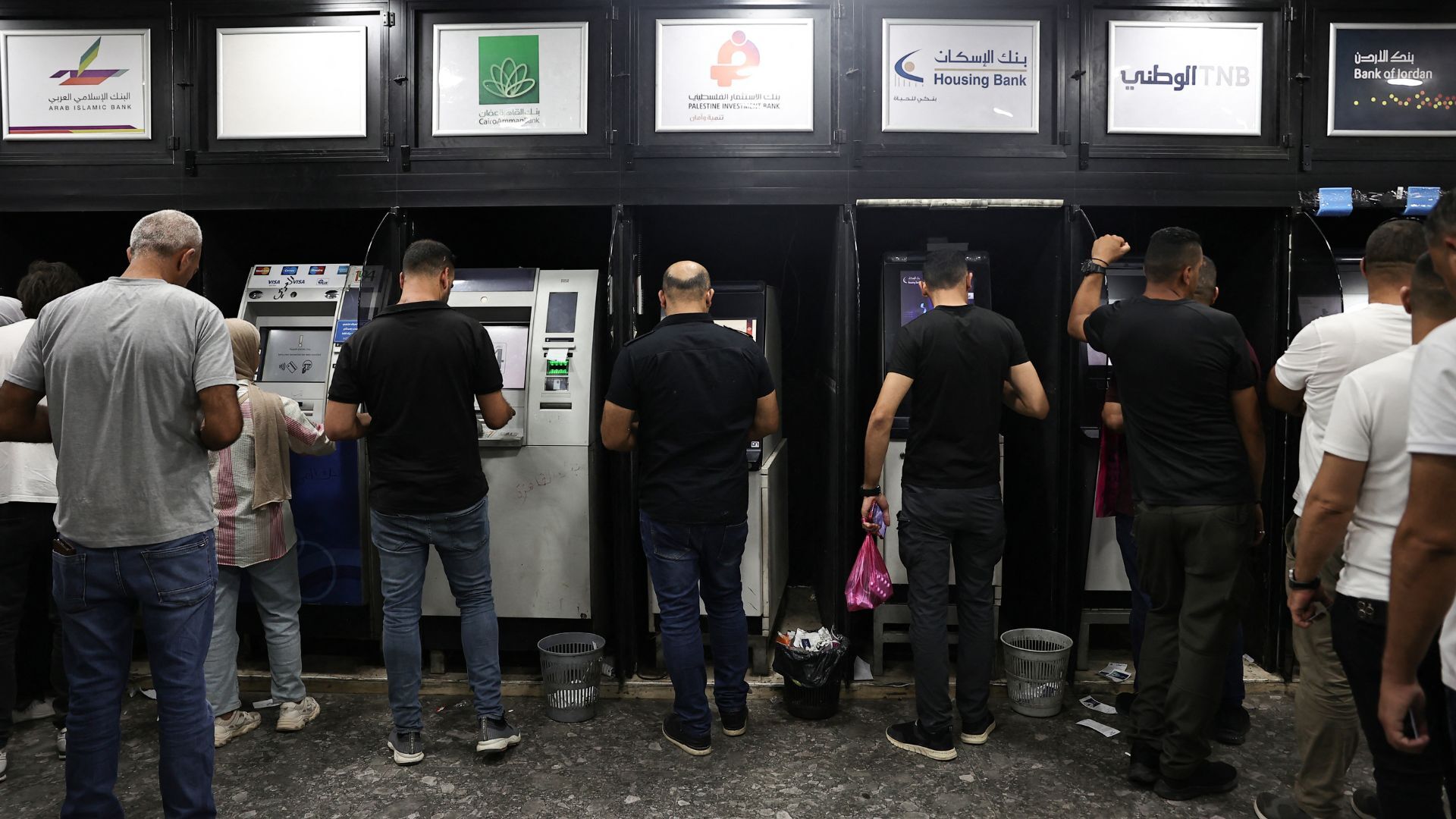

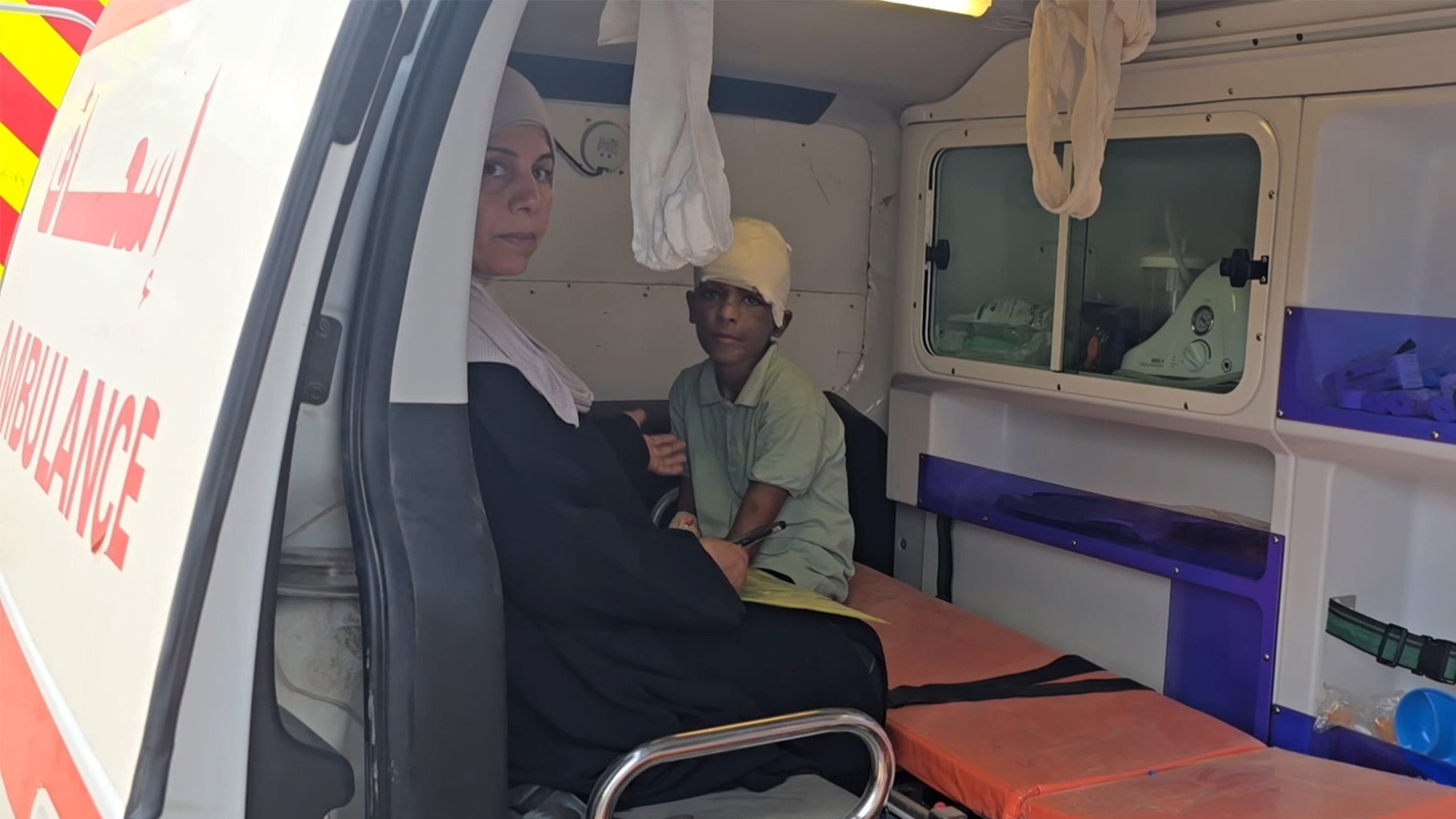
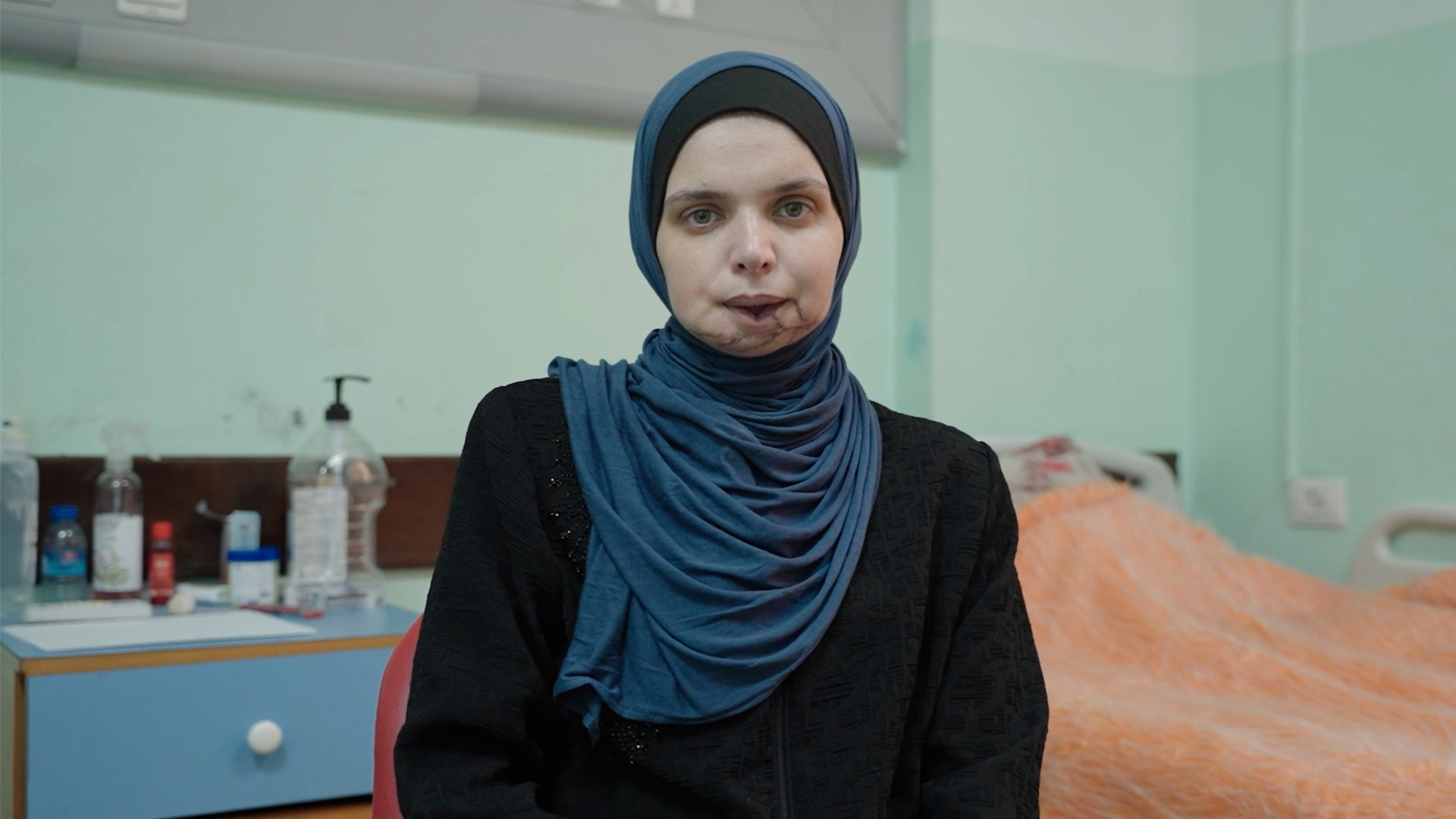
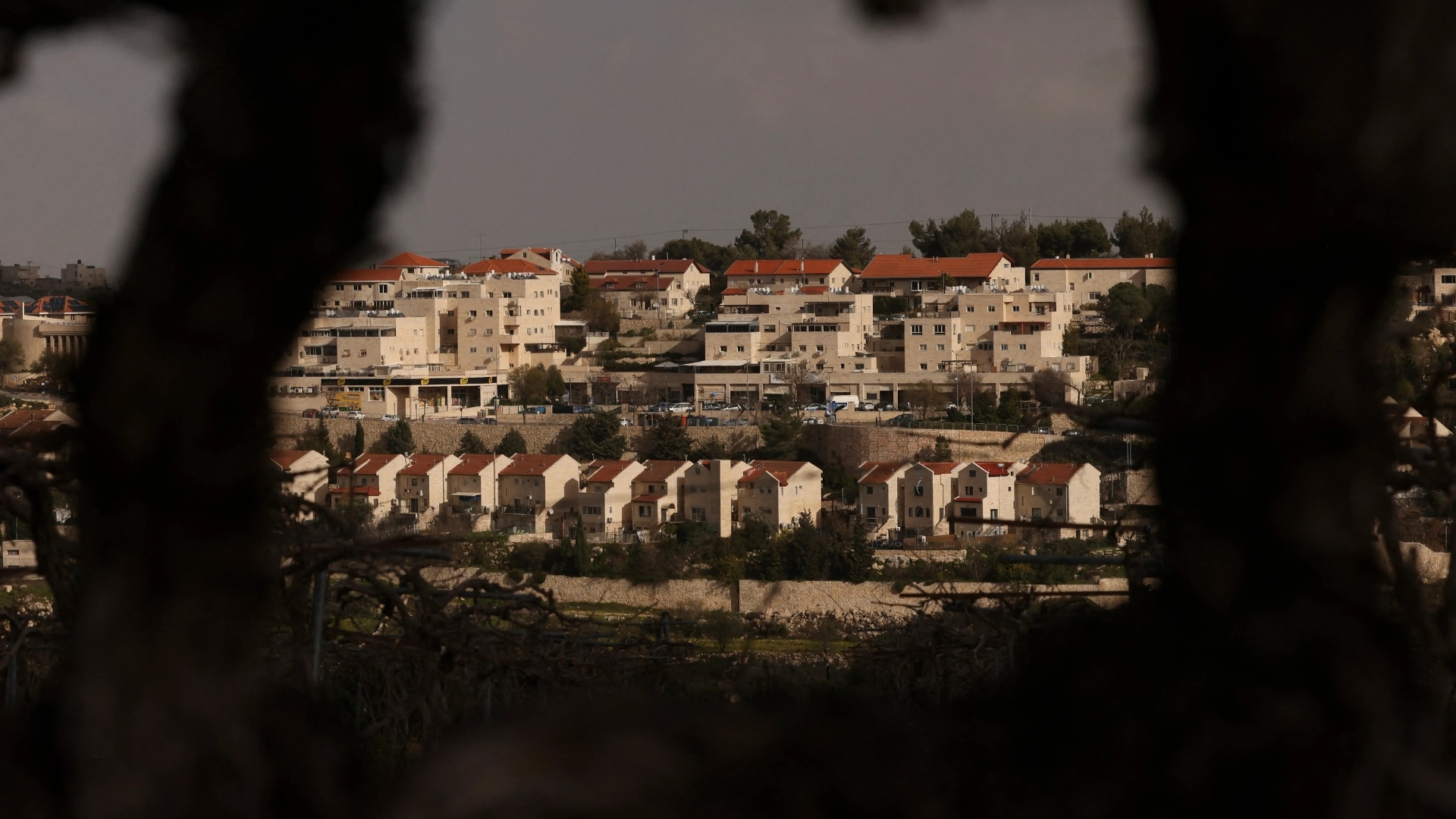
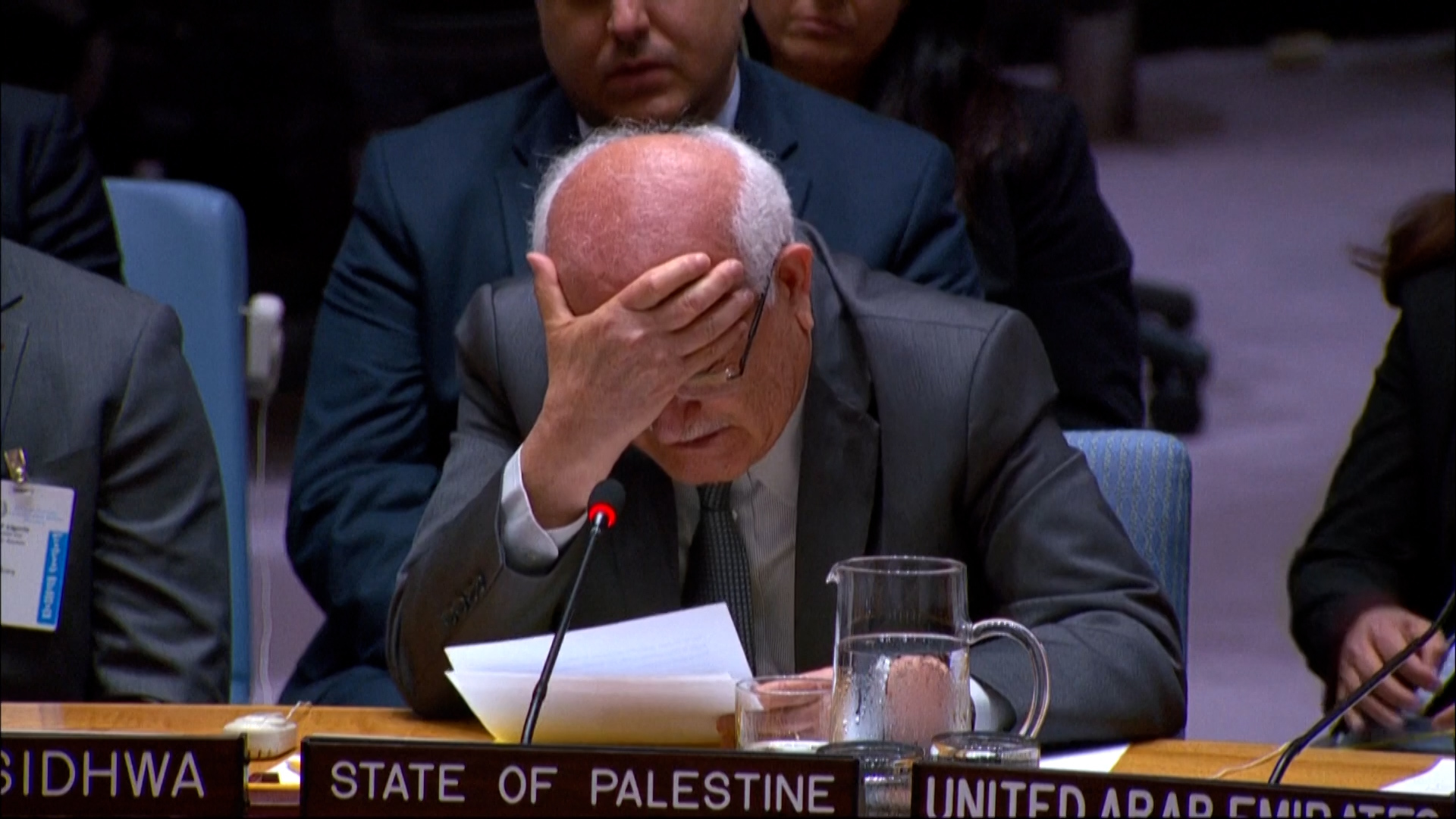
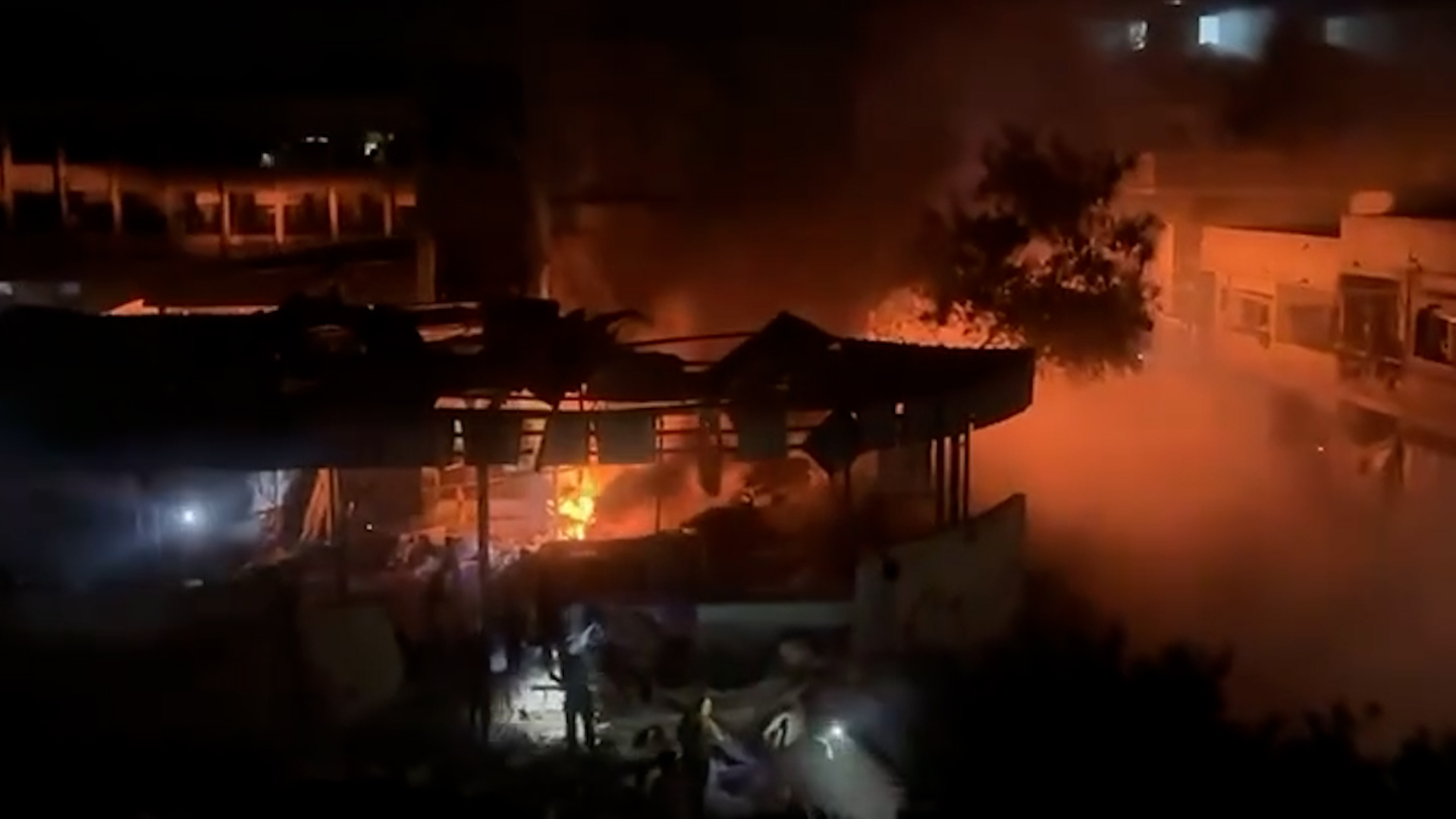

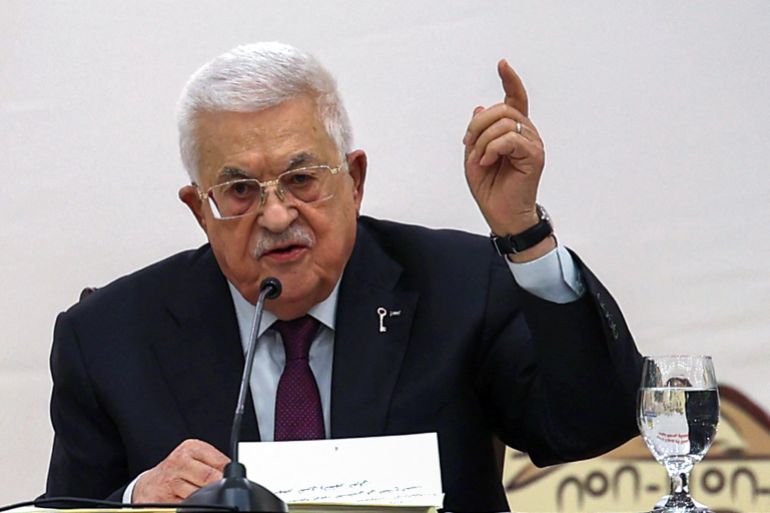
![This pictures taken from the southern Lebanese area of Marjeyoun shows smoke billowing from the site of Israeli airstrikes on the hills of the southern Lebanese village of Nabatiyeh on May 8, 2025. [Rabih Daher/ AFP]](https://www.occasionaldigest.com/wp-content/uploads/2025/05/000_44X24T2-1746708607.jpg)
